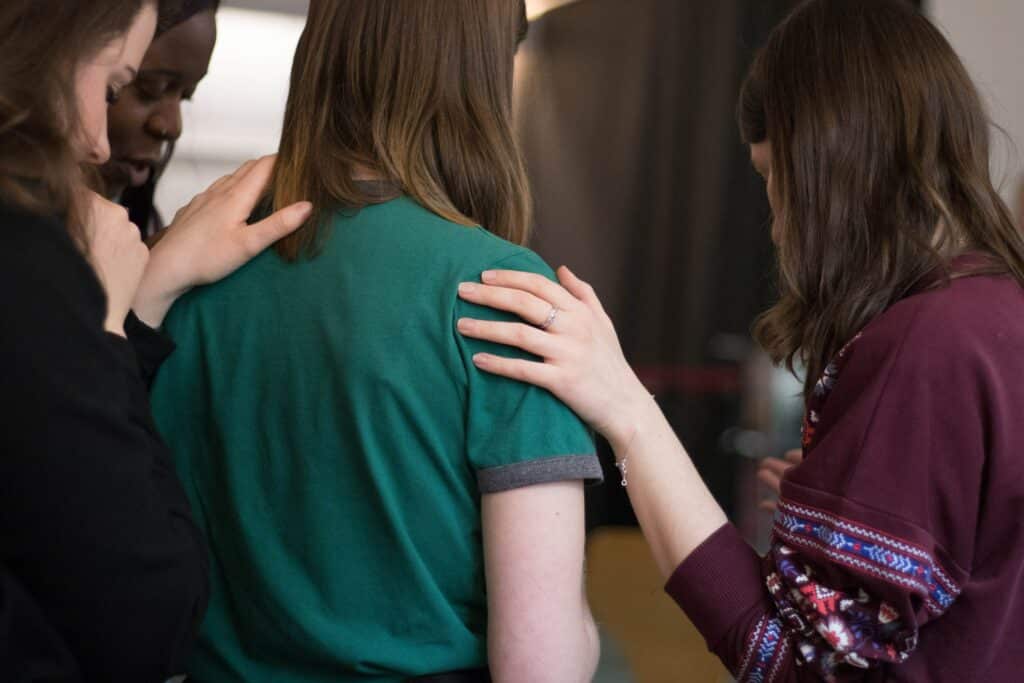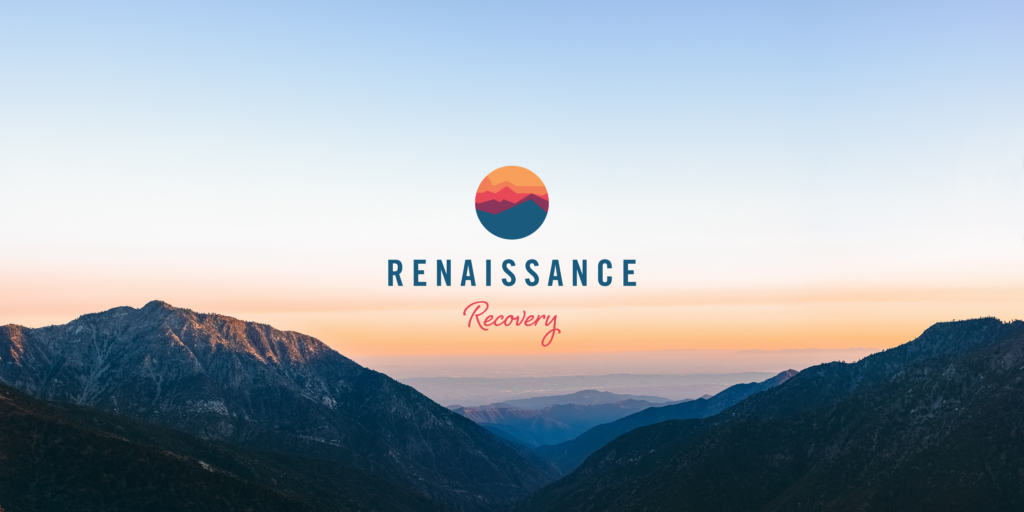One of the most heartbreaking things we hear from people in the recovery process is that they feel discouraged or unsupported by friends and family. To them, it seems that while their loved ones might mean well, they fail to understand how difficult recovery is and how much effort and support it takes. Further, some family members or friends might not understand that overcoming addiction means a change in their habits to the point that the relationship changes. It is important to have sober sensitivity in relationships with sober friends or family that have recently been through a treatment program, like our California rehab. These relationships are different than relationships with others.
Friends of recovering addicts might be annoyed that they can’t take their sober friends to a bar or nightclub. The recovery process for friends in recovery means avoiding the people, places, and things that could lead to a relapse. Hanging out in a place where people are drinking is a highly dangerous potential relapse trigger, so don’t be surprised when your recovering friend refuses to go anywhere near those old haunts or hangouts. This is especially frustrating for sober friends who simply don’t understand how recovery works.
Why Sober Sensitivity is Important
The addict genuinely wants to stay sober and as such, they have to avoid potential relapse triggers. When friends or family place undue pressure on them to continue their old routines, this is just reckless and selfish. The whole point of the recovery process is a complete change in the addict’s lifestyle and habits.
While the friend might not have the intention of impinging upon the recovery process, there is still a danger. A true friend will need to be educated about the risks of this behavior for a person in recovery. It should be easy to explain that to a friend, given that they’ve likely seen the aftermath of a night of hard partying.
At some point, the addict’s friends have certainly seen the challenges of addiction and would likely want to do anything to support the recovery process. For friends or family members who simply don’t get it and continue to pressure the addict to hang out in the same places, with the same people, doing the same things, it may be time to break those ties. Saying goodbye to toxic friends is part of every addict’s recovery process –– every single one of them must go if you hope to have any chance at a full recovery.

Here’s How I Can Show Sober Sensitivity:
Be mindful of their feelings
Part of sober sensitivity is refraining from talking about “the good old days” with friends in recovery. There was never anything good about a self-destructive pattern of behavior. While you may have had some fun, for the addict, every part of those ‘good old days’ was a journey deeper into an abyss. Instead, you should be acknowledging their courage and commitment to a new, better life, every day.
Find new ways to socialize with your friend without alcohol (or other drugs)
Don’t even think about going back to an old hangout. Pick new places (where there’s no alcohol being served) and new activities. If needs be, drive over to a new part of town, or even another town. Consider switching from nighttime activities to daytime ones. Instead of drinking at a bowling alley, try paint-balling on a Saturday.
Unfortunately, a big chunk of socializing has centered around a cocktail hour for so long, that newly recovering people (and their friends) might be at a loss to come up with an activity that doesn’t involve alcohol. With a little research, you’ll find plenty to do, including a whole host of sober events. Tools like Yelp and other social media platforms can help you find a whole range of new activities. It might seem scary at first to leave your comfort zone, but this is part of the recovery process.
Be sensitive to and aware of potential triggers
This is going to sound like a bit of work, but isn’t the sobriety of your friends in recovery the most important thing? Sober friends are susceptible to triggers for relapse. There can be many potential triggers and what can be a trigger depends upon the individual. Triggers are often people, places, or things.
“People” might mean old friends, ex-girlfriends, an old boss, or even a family member. Perhaps your sober friend was abused by a teacher, a church member, or a family member. Being around that person or people close to that person could be a potential relapse trigger.
“Places” might include a whole range of locations. It can be bars, clubs, bowling alleys, a friend’s house where he used to watch football and drink all day.
“Things” might include a vehicle your sober friend used as a place to abuse substances. It might mean camping gear he used when he was using camping as an excuse to use substances. This part of sober sensitivity may be difficult. It can be hard for friends to recognize the potential relapse triggers relevant to their sober friends. The general rule is to avoid the people, places, and things from his past and use some common sense. For example: maybe you have a mutual friend who is getting married. Naturally, there’s a bachelor party coming up. If you want your sober friend to attend, going to Vegas for a weekend of debauchery is hardly conducive to his sobriety. Be sensitive.
Understand that your sober friends will be making new friends
During the recovery process, your sober friends will likely develop a new crop of friends. This isn’t a bad thing, it’s necessary for their recovery. Developing new friendships with people that don’t remind them of their past is essential. These new friends will likely be engaging in new activities that don’t include going to bars, hanging out at parties, or going to events where substances are present.
Your sober friends will be avoiding the bars and restaurants that they used to go to, choosing instead to occupy their time in support groups, substance abuse treatment, and establishing a new community of non-using friends. A supportive sober social network is just what they need right now, and by allowing your friend to explore new, healthy relationships, you’ll be doing your part.
Don’t feel the need to monitor your friend’s sobriety
It’s great that you care and you’re watching over your friends in recovery, but following them around a party and making sure that they’re only drinking water is unnecessary. Your friend can monitor his own sobriety. He knows the consequences. No amount of monitoring or hovering will prevent them from falling off the wagon if they’re so inclined. Let them be in charge of themselves.
Let their sponsors or treatment professionals be their earpiece
Your sober friends have a long journey ahead of them. As such, they will be leaning on trained professionals for guidance. Don’t be upset if your buddy is talking more to these people than he is to you. Trained professionals are better equipped to handle this. Besides, if your friend thought you could help with his addiction, he would have turned to you long ago. Your job is not to give advice –– it’s to give support.

Importance Of a Sober Friend
Sober friends are someone you can spend time with and enjoy their company. In our fast-paced world drugs and alcohol are often introduced as a social lubricant to fabricate friendships and breakthrough inhibitions. This often is a superficial way of experiencing life and others. A sober friend will show you how to enjoy life without the need for substances, live in the moment, and truly enjoy living without the filter of addiction.
Sober friends help you keep your mind on what’s important. When you experience others and yourself you can glean a deeper meaning from friendships, relationships, and your own personal life. A sober friend can bring out the best qualities you never thought you had.
Where Can I Meet a Sober Friend
Many times people will meet sober friends in all kinds of places. Very often people will even meet them in recovery. When you meet a sober friend you know they have similar goals and ambitions and have come across similar roadblocks in life. Some people meet sober friends in group therapy, sober living, alumni programs, and during treatment. At Renaissance Recovery our immersive programs offer those seeking treatment to meet others and help bond over defeating addiction and pursuing a new life of recovery.

Get Treatment Today
Sober sensitivity is not easy, but it is worth it to help your friend. If seeing them try to change their lives by getting sober has made you rethink your choices, we can help. At Renaissance Recovery’s Orange County rehab, we offer a variety of addiction treatment programs, including:
- Xanax addiction treatment
- Meth Addiction Treatment Program
- Heroin Addiction Treatment Program
- Cocaine Addiction Treatment Program
To learn more about sober sensitivity, call 866.330.9449 today.









